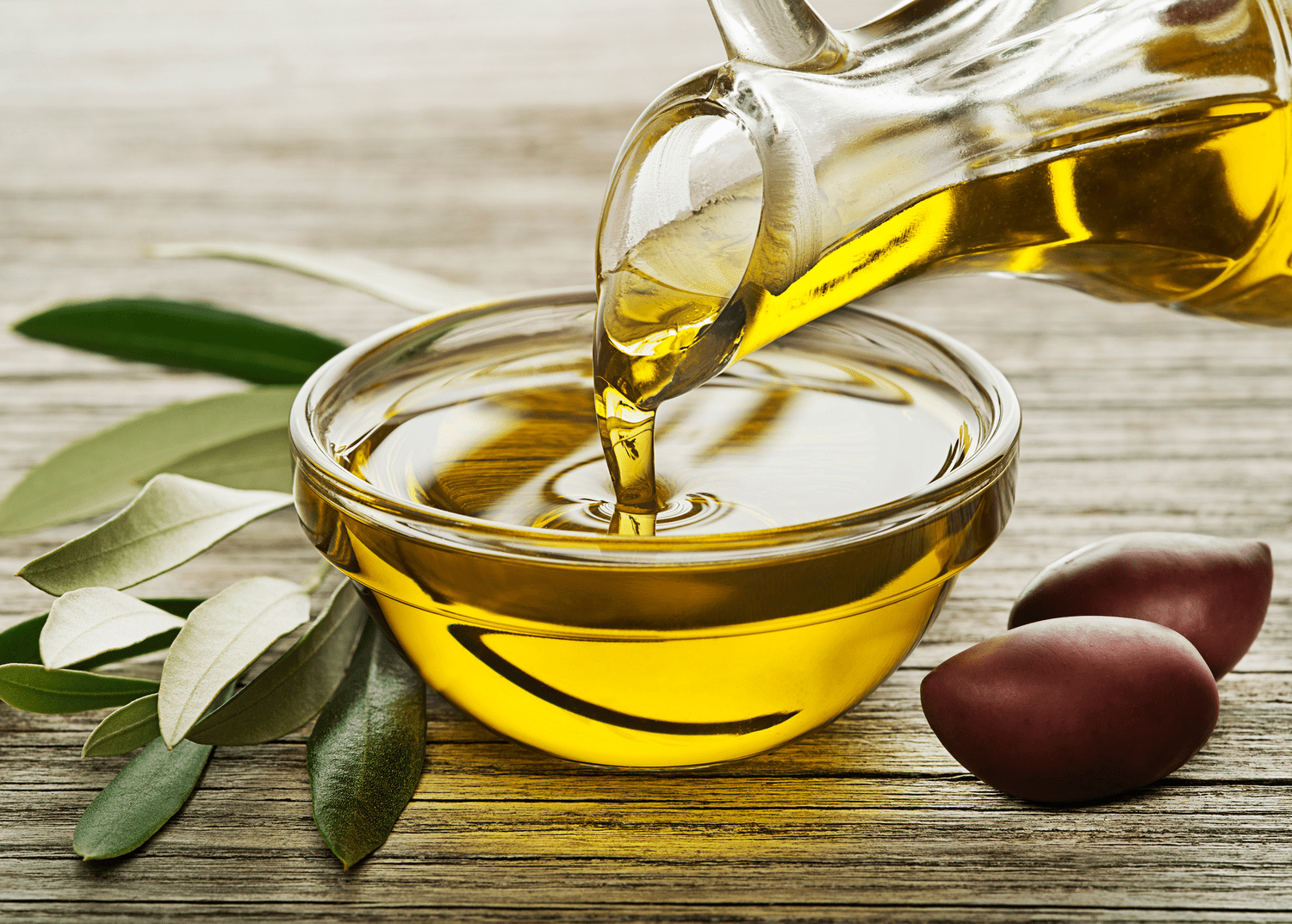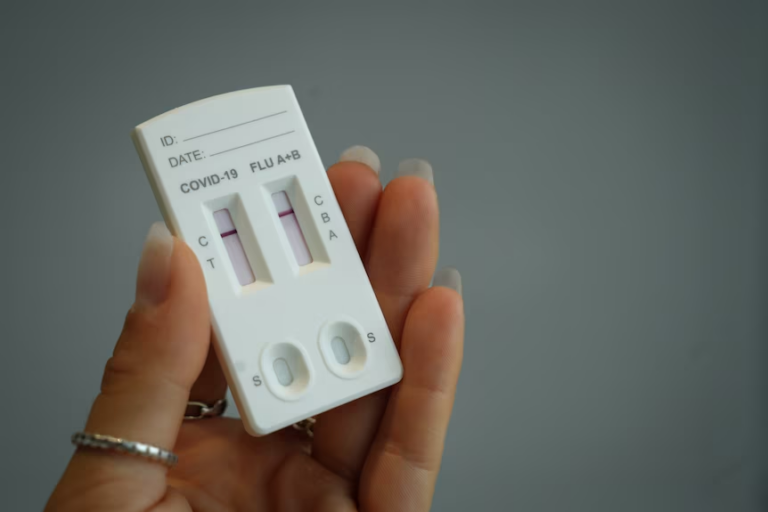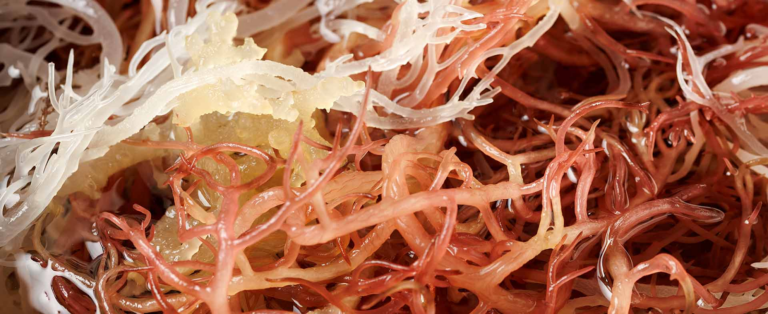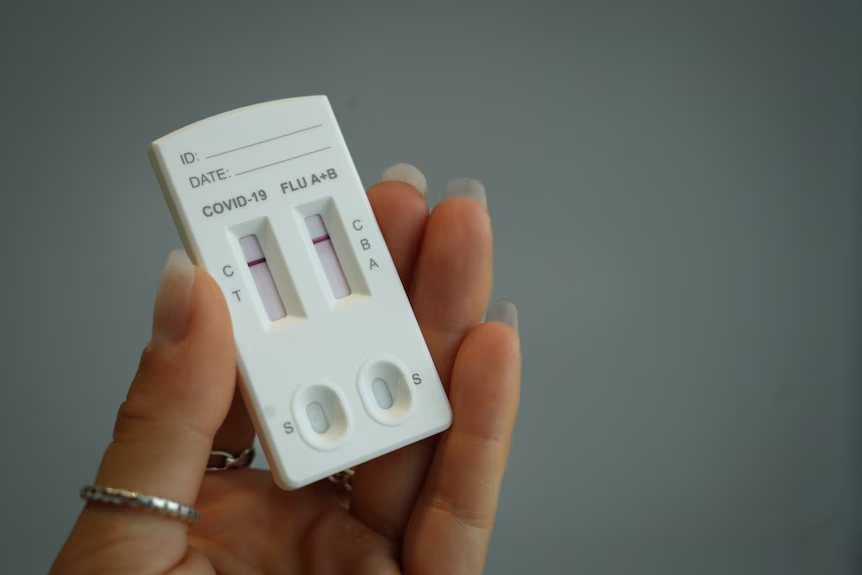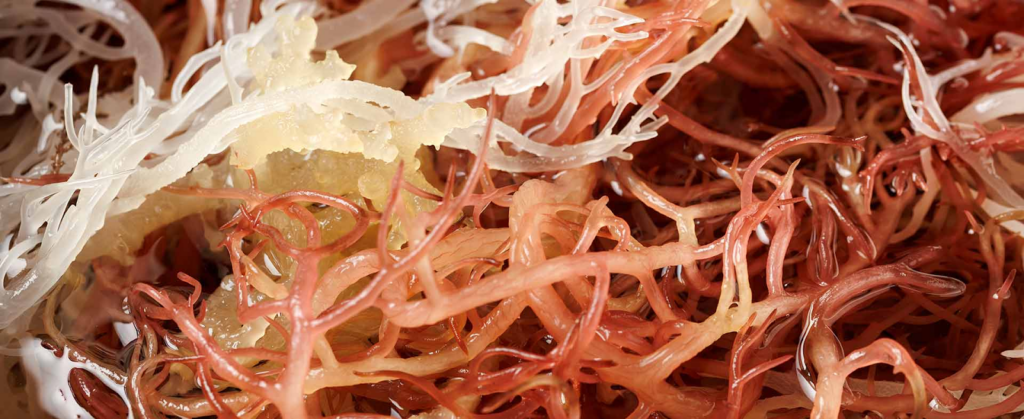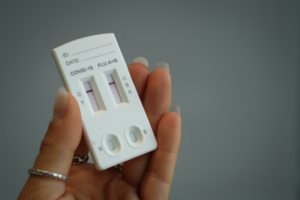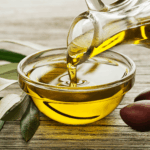If the botanical classification of olives is as a fruit, could it be said that the olive oil we use is a fruit juice? Although we might not drink olive oil the way we drink orange or apple juice, there’s a reason why people have been using it for ages. It’s used in cooking as a moisturizing agent for skin and to help strengthen hair, in addition to being a treatment for wounds, sore throats, and sore conditions.
You may think that “green gold” is not a nutritious alternative to your morning juice. But olive oil was found to offer numerous health benefits when regularly consumed.
The health advantages of olive oil
Olive oil comes with a variety of health advantages. The majority of the fats found in olive oil consist of monounsaturated fats (MUFAs). They have been proven to boost the levels of “good” cholesterol (HDL) while decreasing “bad” cholesterol (LDL). Of all the plant-based cooking oils, olive oil has the highest amount of MUFAs.
This, together with the antioxidant and anti-inflammatory oils, could help to reduce plaque buildup in your arteries. It could also help to shield the body against harmful chemicals, which have been associated with chronic illnesses like cancer, autoimmune diseases, and heart disease.
Olive oils of various kinds
While olive oil offers many wonderful benefits, it’s important to note that different olive oils differ in their nutritional value. This is due to the fact that they contain various amounts of beneficial substances like polyphenols (compounds that have anti-inflammatory and antioxidant properties) and other antioxidants.
Extra-virgin olive oil (EVOO) is the one with the highest proportion of antioxidants and polyphenols. This is because it undergoes one processing process, whereas other varieties are processed differently. The more processing is what causes the most antioxidants and polyphenols to disappear.
Olive oil from the Virgin olive (VOO) is just a little more refined than EVOO. It is still a good source of the antioxidant and polyphenolic compounds; however, not nearly as much as EVOO. VOO can also be milder in its flavor.
Then, “light,” “pure,” and refined olive oils are processed more gently. This gives them the tiniest taste, indicating that they contain very little of the beneficial components.
Suggestions for oil intake
The recommended daily intake of oil is contingent upon age, sex, and level of activity. The 2020-2025 dietary guidelines for Americans recommend consuming 27 grams (just less than 2 teaspoons) of any kind of added oils daily in a diet that is 2,000 calories.
How to incorporate olive oil into your diet
Here are some suggestions to incorporate olive oil to supplement other fats – to your diet, so that you benefit from its health benefits:
- Make it a dressing for salads: Mix the balsamic vinegar, olive oil, and mustard to create a simple and delightful salad dressing.
- Sprinkle it on roasted veggies: Mix your favorite vegetables with a little olive oil and bake in the oven to make an energizing dinner dish.
- It can be used for cooking: olive oil can be used to cook. The most refined versions of olive oil could be heated to a higher temperature than EVOO, however, EVOO is able to be used with lower temperatures to cook at. If you wish to preserve the quality and quality of olive oil, choose a more premium EVOO as an oil to finish the dish.

